Home>Dining>Events & Etiquette>How To Say Yes To A Dinner Invitation


Events & Etiquette
How To Say Yes To A Dinner Invitation
Modified: February 24, 2024
Learn the proper events etiquette to gracefully accept dinner invitations and make a lasting impression. Say yes to social engagements with confidence and poise.
(Many of the links in this article redirect to a specific reviewed product. Your purchase of these products through affiliate links helps to generate commission for Storables.com, at no extra cost. Learn more)
Introduction
When it comes to social etiquette, accepting a dinner invitation can be a delicate art. From elegant soirées to casual gatherings, it’s important to navigate the terrain with grace and poise. Whether it’s a formal affair or a friendly get-together, saying yes to a dinner invitation sends a message of respect and appreciation for the host’s hospitality.
In this article, we will explore the ins and outs of accepting a dinner invitation, from understanding the invitation itself to effectively communicating your decision. We will also delve into the preparation and attendance aspects, ensuring you’re well-equipped to make a lasting impression.
So, whether you’re a seasoned dinner guest or new to the world of social events, let’s dive into the world of dinner invitation etiquette and discover how to navigate it with confidence and finesse.
Key Takeaways:
- Embrace the art of accepting dinner invitations with grace and poise by understanding, communicating, and preparing effectively. Show genuine appreciation and leave a lasting impression as a considerate and engaging guest.
- Navigate the world of dinner invitations with confidence and finesse. Assess your schedule, communicate promptly, and attend with warmth and gratitude. Make genuine connections and create positive memories as a gracious guest.
Read more: How To Say Thank You For A Dinner Invitation
Understanding the Invitation
Before accepting a dinner invitation, it’s important to understand the details and nuances associated with it. This not only ensures that you’re fully aware of what to expect but also helps you respond appropriately and in a timely manner.
First and foremost, carefully read the invitation to grasp the nature of the event. Is it a formal dinner party, a casual gathering, or perhaps a themed dinner? Understanding the level of formality will allow you to appropriately prepare and dress for the occasion.
Take note of the date, time, and location of the dinner. Double-check your schedule to ensure you are available and able to attend. If conflicts arise, consider whether rescheduling is possible or if it’s best to politely decline the invitation.
Additionally, pay attention to any instructions or requests from the host. This may include dress code suggestions, dietary preferences or restrictions, or any contributions you are expected to bring. It’s important to honor these requests and adhere to any guidelines provided.
Furthermore, familiarize yourself with the guest list. Will you be attending with a group of familiar acquaintances or will you be meeting new people? Knowing the dynamic of the gathering can help you mentally prepare and engage in conversation during the dinner.
Once you have a clear understanding of the invitation, you can begin assessing your schedule and deciding whether you can confidently accept the dinner invitation.
Assessing Your Schedule
When it comes to accepting a dinner invitation, it’s crucial to evaluate your schedule to ensure you can fully commit to the event. Here are some factors to consider when assessing your availability:
1. Prior commitments: Take into account any prior commitments or engagements you already have during the date and time of the dinner. If there are conflicting events that you cannot reschedule or prioritize over the dinner invitation, it may be best to politely decline.
2. Travel distance and time: Consider the location of the dinner in relation to your residence or workplace. Take into account the travel distance and estimated time it would take to reach the venue. Factor in potential traffic or transportation delays to avoid any last-minute rushing.
3. Time allowance for preparation: Assess whether you have enough time to prepare for the dinner. This includes getting ready, selecting an appropriate outfit, and any necessary arrangements such as arranging transportation or finding a babysitter if needed.
4. Personal energy levels: Reflect on your personal energy levels during the proposed date and time of the dinner. If you know you will be exhausted or drained from a busy day or week, it’s important to honestly evaluate whether you will be able to fully engage and enjoy the dinner.
5. Importance of the event: Consider the significance of the dinner invitation. Is it a close friend’s birthday celebration or a networking event with professionals? Understanding the importance of the occasion can help you prioritize and make an informed decision.
By carefully considering these factors, you can assess your schedule and determine whether accepting the dinner invitation is feasible and aligned with your other commitments.
Communicating Your Decision
Once you have evaluated your schedule and made a decision regarding the dinner invitation, it’s important to effectively communicate your response to the host. Here are some tips on how to navigate this conversation:
1. Timeliness is key: Respond to the invitation in a timely manner. Avoid delaying your response, as hosts often need to plan and make arrangements based on the number of guests attending. Ideally, aim to reply within a day or two after receiving the invitation.
2. Express gratitude: Begin your response by expressing your gratitude for the invitation. Let the host know that you appreciate their thoughtfulness and are honored to have been included.
3. Be honest and concise: Clearly communicate your decision in a polite and honest manner. If you are able to accept the invitation, respond with enthusiasm and confirm your attendance. If you are unable to attend, provide a brief and genuine explanation for your absence.
4. Offer an alternative: If you are unable to attend the dinner, consider offering an alternative. You can propose meeting up with the host for a casual coffee or lunch at a later date, demonstrating your desire to still connect with them despite not being able to attend the dinner.
5. Respond via the same medium: If you received the invitation via email or text, respond using the same medium. This ensures clear communication and avoids any miscommunication or confusion.
6. Respect the host’s decision: Understand that the host may have limited capacity or specific reasons for not being able to accommodate additional guests. If your acceptance is declined, graciously accept their decision and express your understanding.
Remember, effective communication is essential in maintaining positive relationships and demonstrating respect for the host’s efforts in organizing the dinner.
When accepting a dinner invitation, be sure to express your gratitude and enthusiasm. Confirm the date and time, and ask if there’s anything you can contribute to the meal.
Preparing for the Dinner
Once you have accepted a dinner invitation, it’s important to properly prepare to ensure you make a positive impression as a guest. Here are some tips to help you get ready for the dinner:
1. Dress appropriately: Refer back to the invitation or ask the host about the suggested dress code. Dressing appropriately shows respect for the occasion and the host’s preferences. If in doubt, it’s better to err on the side of slightly overdressed.
2. Consider dietary restrictions: If you have any dietary restrictions or allergies, inform the host in advance. This allows them to accommodate and plan accordingly. However, if the host hasn’t asked about dietary restrictions, it’s best to keep any special requests to a minimum or offer to bring a dish that suits your needs.
3. Plan your arrival time: Determine the appropriate arrival time and plan your schedule accordingly. Arriving on time or a few minutes early shows punctuality and respect for the host’s efforts. If you anticipate being unavoidably delayed, communicate this to the host in advance.
4. Bring a thoughtful gift: It’s customary to bring a small token of appreciation for the host. Consider bringing a bottle of wine, a bouquet of flowers, or a homemade dessert. Alternatively, you can ask the host if there’s anything specific they would appreciate as a gift.
5. Familiarize yourself with basic dining etiquette: Brush up on basic table manners to ensure you feel comfortable during the dinner. Be mindful of your table manners, such as using utensils properly, keeping your elbows off the table, and engaging in polite conversation with other guests.
6. Prepare some conversation topics: Think of a few conversation topics in advance to help keep the conversation flowing during the dinner. This can include recent news, travel experiences, shared interests, or interesting anecdotes. Avoid controversial subjects that could potentially create tension or discomfort.
7. Respect the host’s home: If the dinner is taking place at the host’s residence, be mindful of their space. Offer to help with anything they may need assistance with, such as setting the table or cleaning up after the meal. Additionally, be considerate of their house rules and follow any guidelines they provide.
By adequately preparing for the dinner, you can ensure that you fit seamlessly into the event and make a positive impression as a thoughtful and considerate guest.
Read more: How To Cancel A Dinner Invitation
Attending the Dinner
Now that you have prepared yourself for the dinner, it’s time to attend the event with confidence and grace. Here are some guidelines to help you navigate the dinner and ensure a pleasant experience for both you and the host:
1. Arrive with a warm greeting: When you arrive at the dinner, greet the host with a smile and express your gratitude once again for the invitation. Offer your gift, whether it’s a bottle of wine, flowers, or a thoughtful gesture, and thank them for their hospitality.
2. Engage in polite conversation: During the dinner, engage in pleasant and respectful conversation with the host and other guests. Take the opportunity to introduce yourself to those you may not know and show a genuine interest in getting to know them. Be a good listener and engage in thoughtful discussions, avoiding any controversial or sensitive topics.
3. Mind your table manners: Remember to adhere to proper dining etiquette during the meal. Use utensils correctly, chew with your mouth closed, and take cues from the host or others around you regarding the pace of the meal. Avoid talking with food in your mouth and be mindful of your table manners to contribute to a pleasant dining atmosphere.
4. Pace yourself with food and alcohol: It’s important to pace yourself when it comes to eating and drinking. Avoid rushing through your meal and savor each bite. Moderation is key when it comes to alcohol consumption, as you want to remain attentive and engaged in the conversation without becoming overly intoxicated.
5. Show appreciation for the food and hospitality: Throughout the dinner, express your appreciation for the food and the host’s efforts in hosting the event. Compliment the chef and offer genuine praise for the delicious meals and flavors they have prepared. Thank the host for their hospitality and the enjoyable evening.
6. Offer your assistance: If appropriate and in line with the host’s expectations, offer to help with clearing the table or washing dishes after the meal. Showing your willingness to pitch in and help demonstrates your gratitude and consideration for the host’s efforts.
7. Bid your farewell graciously: As the dinner comes to an end, thank the host again for their hospitality and bid your farewell graciously. Offer to assist with any remaining tasks or express your availability to help clean up if necessary. Be sure to say goodbye to the other guests and express your pleasure in meeting them.
By attending the dinner with a positive and gracious attitude, you will create a memorable experience for both yourself and the host, leaving a lasting impression as an engaging and considerate guest.
Conclusion
In the world of social events and dinner invitations, knowing how to navigate with finesse and politeness is essential. By understanding the invitation, assessing your schedule, effectively communicating your decision, preparing for the dinner, and attending the event with grace, you can ensure a pleasant and memorable experience for both yourself and the host.
Remember, accepting a dinner invitation is not just about attending an event—it’s about showing respect, gratitude, and appreciation for the host’s efforts. It’s about making genuine connections, engaging in meaningful conversations, and creating positive memories.
Throughout the entire process, from the initial invitation to bidding your farewell, it’s important to be mindful of proper etiquette, respect the host’s wishes, and show your gratitude for their hospitality. By doing so, you will leave a lasting impression as a gracious and considerate guest.
So, the next time you receive a dinner invitation, take the time to understand it, assess your schedule, and communicate your decision promptly. Prepare yourself appropriately, dress to impress, and engage in delightful conversations. Show appreciation for the host’s efforts, offer your assistance when needed, and leave the event with warm farewells.
By following these guidelines, you can navigate the world of dinner invitations with confidence and leave a positive impact on those who invite you. Remember, the art of saying yes to a dinner invitation goes beyond just attending an event—it’s about forging connections, fostering friendships, and embracing the joys of togetherness.
Frequently Asked Questions about How To Say Yes To A Dinner Invitation
Was this page helpful?
At Storables.com, we guarantee accurate and reliable information. Our content, validated by Expert Board Contributors, is crafted following stringent Editorial Policies. We're committed to providing you with well-researched, expert-backed insights for all your informational needs.
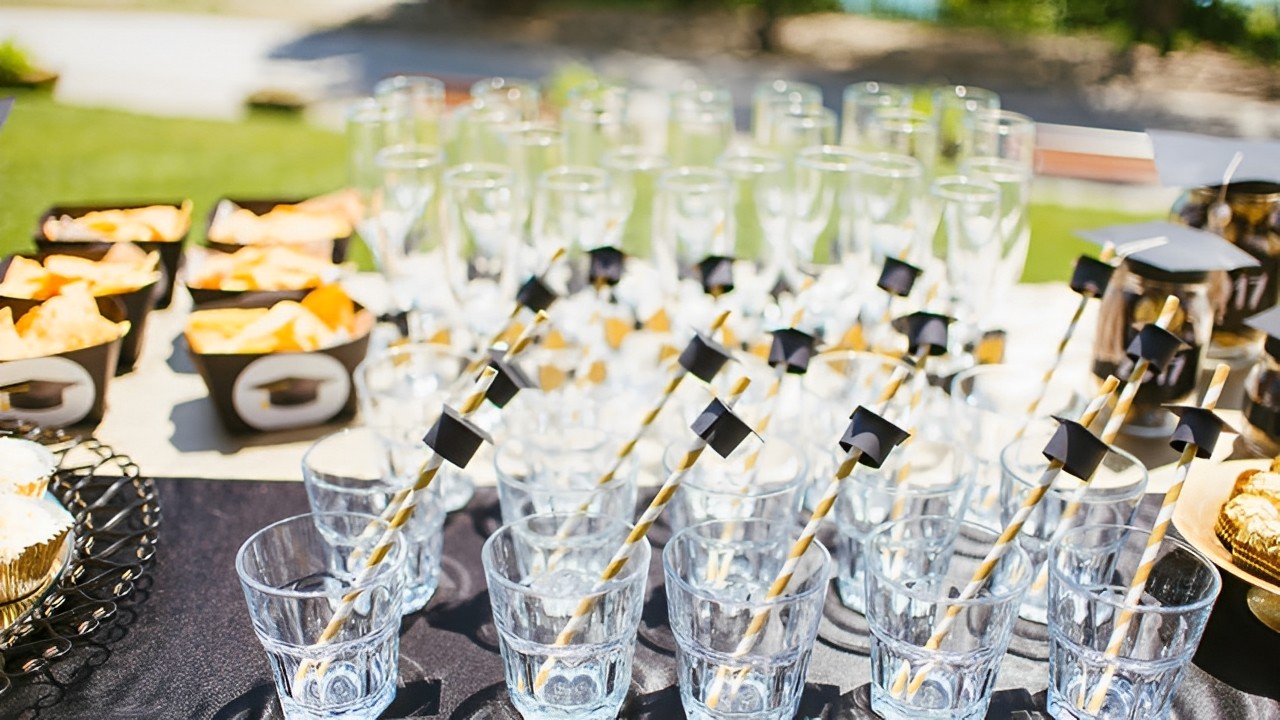

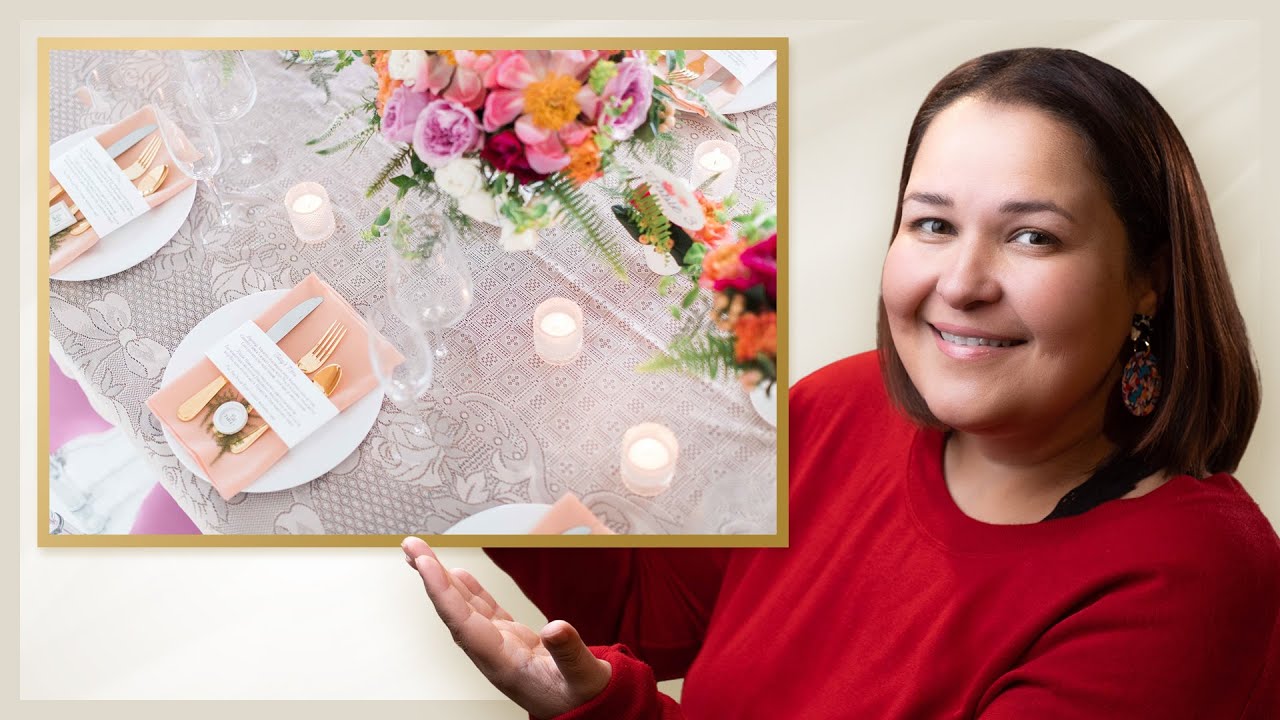
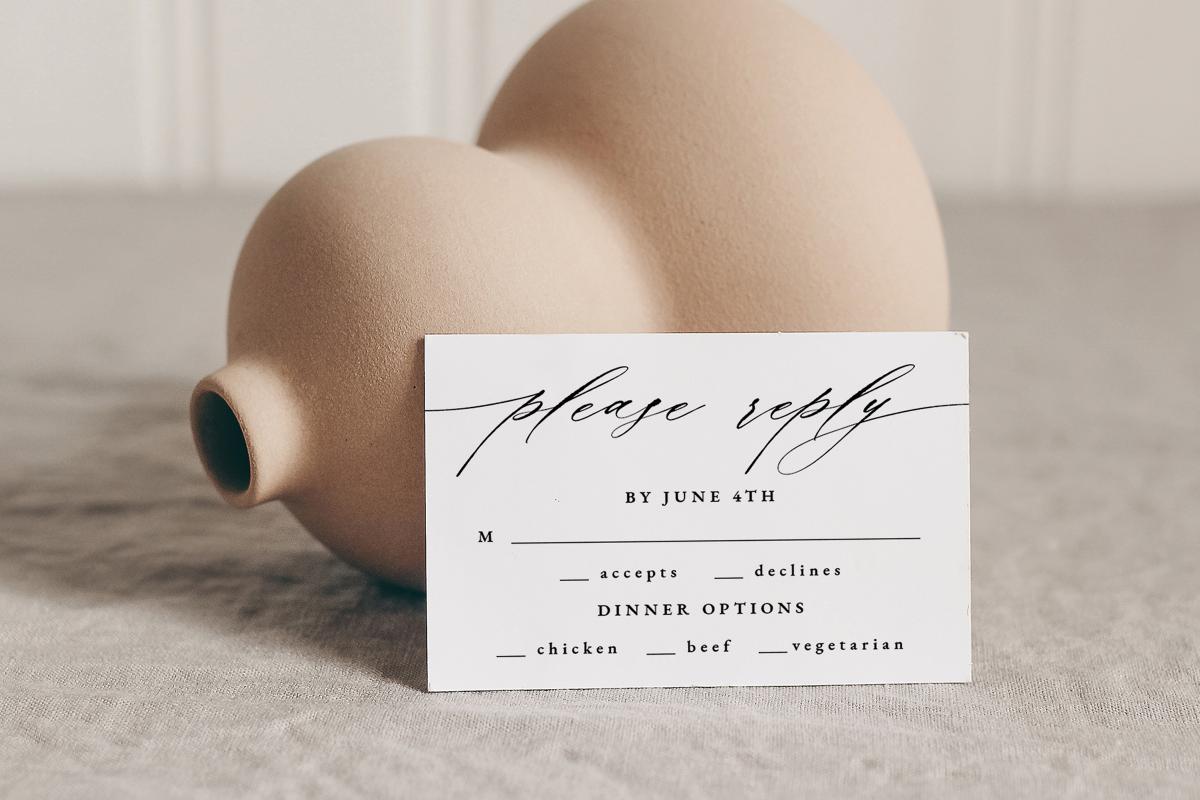
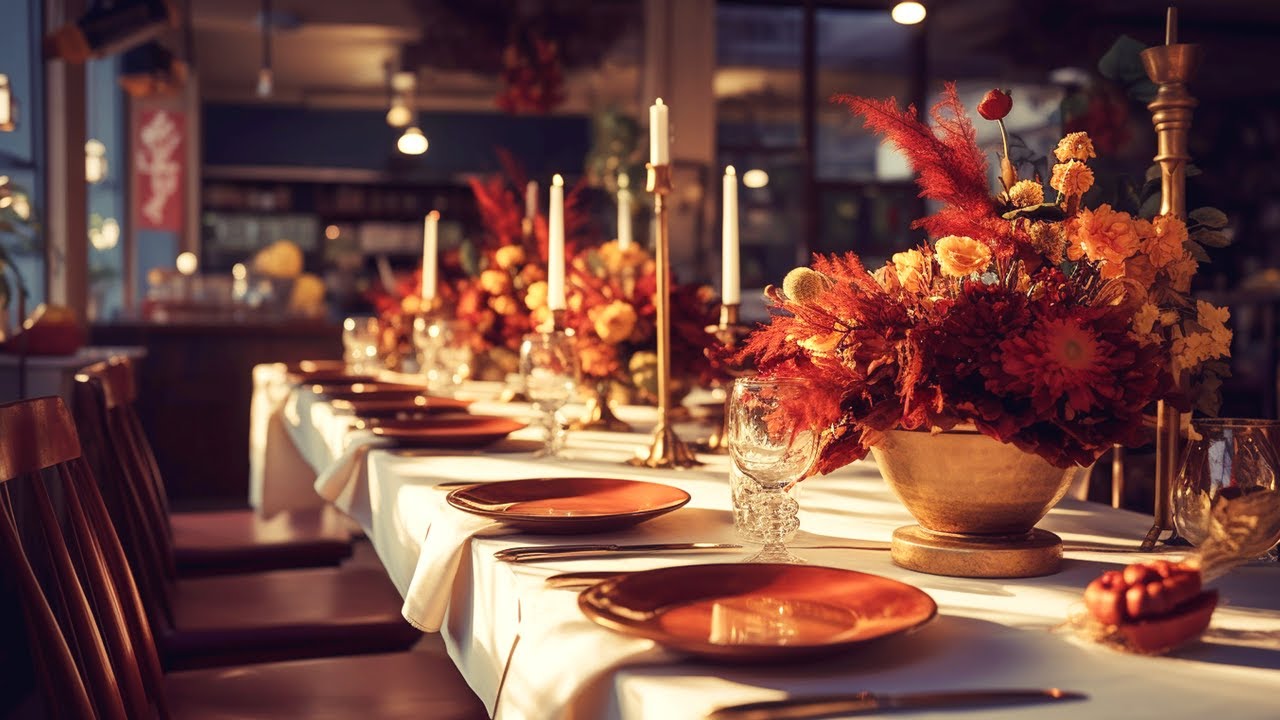
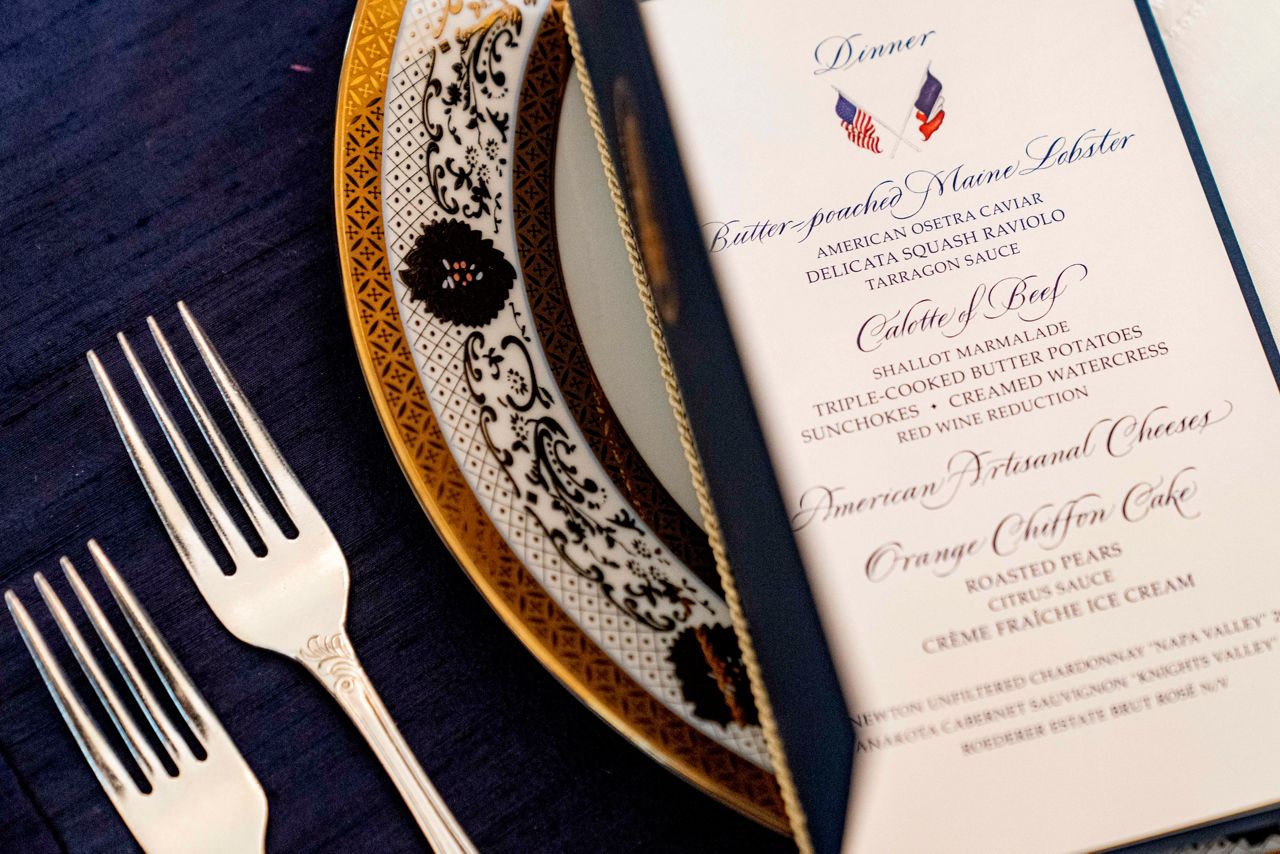









0 thoughts on “How To Say Yes To A Dinner Invitation”